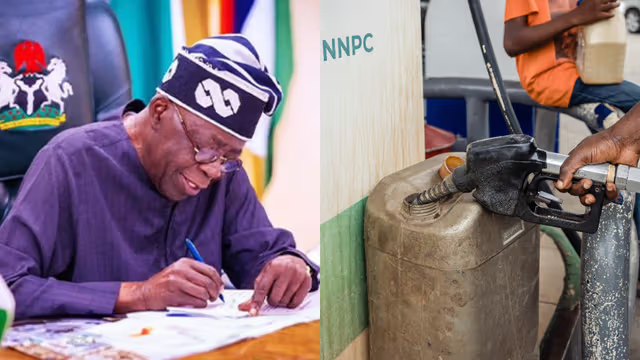Nigeria is projected to reclaim its position as the third-largest economy in Africa by 2026, driven by economic reforms and rising oil revenues.The IMF’s 2026 outlook forecasts Nigeria’s nominal GDP at $334.34 billion, following South Africa and Egypt.Economic resilience and policy changes, like removing fuel subsidies and stabilizing the naira, contribute to Nigeria’s recovery.Nigeria’s rise signifies the importance of sustained reforms for tangible growth and improved living standards.According to the latest International Monetary Fund (IMF) projections for 2026, Nigeria is expected to rank as Africa’s third-largest economy, marking a major turnaround.Previously, Nigeria ranked as the fourth-largest economy in Africa. The nation has over the past half-decade, dropped from first place to fourth in terms of nominal GDP, reflecting the impact of prolonged economic headwinds.The IMF’s October outlook paints a cautious picture for the global economy, noting slower expansion amid geopolitical fragmentation, weakened investor sentiment, and the rise of protectionist policies.Yet, in this climate of uncertainty, Nigeria’s economic resilience appears to be paying off.

Momentum is building, but analysts caution that maintaining the top-three ranking will depend on sustaining reforms, boosting non-oil sectors and strengthening external resilience.Nigeria’s comeback amid global uncertainty
In the Fund’s 2026 nominal GDP outlook, South Africa is projected to remain Africa’s largest economy with about $443.64 billion, followed by Egypt at $399.51 billion and Nigeria close behind with $334.34 billion.
Algeria and Morocco complete the continent’s top five. This new position returns Nigeria to the top three, a space it previously occupied before a period of economic turbulence.The IMF’s October report warns that global growth will continue to slow due to fragmentation, rising protectionism, financial vulnerabilities, and policy uncertainty.The balance of economic power is also shifting, with Asia, led by China, India, and Japan, projected to overtake North America as the world’s largest economic region by GDP. Europe remains third, followed by the Middle East, South America, Africa, and Oceania.Nigeria’s recovery comes despite not featuring among the IMF’s list of Africa’s fastest-growing economies, which highlighted countries like Benin, Côte d’Ivoire, Ethiopia, Rwanda, and Uganda due to stronger fiscal reforms and stable macroeconomic environments.The absence shows that Nigeria’s renewed ranking is driven more by its economic scale and reforms rather than growth speed.
Nigeria’s projected rise into Africa’s top three economies therefore marks not just a symbolic comeback, but a reminder that sustained execution of reforms will determine how far this recovery goes.